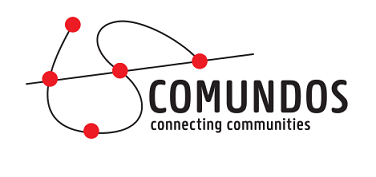Language Portraits: Exploring Ourselves from a Language Perspective
Identity is important. It’s who we are. Our cultural identities. Our personal identities. It’s complex and continuously developing, shaped by our experiences.
I’m a language student and former teacher. I’ve long wondered about multilingualism and linguistic identity, and how it intersects with emotion, local culture, globalization, and migration. Most people in the world are multilingual: They speak more than one language. What about you? Even if you only speak one language, perhaps you experience others that have left an impression on you in life.
So think about your linguistic identity. How do languages shape you? Maybe it’s difficult to put into words. Unconscious.
So, let me explain a visual method called language portraits. This powerful tool can be thought of as didactic material, a reflective exercise, or even thought-provoking artwork. You start with a blank silhouette of a body. You fill it in with different colors, locating your various languages onto, or outside, the body. “Language” here means any variety of communication: dialects, accents, slang, body language…anything. Each portrait is unique. Here are examples from my master’s research:
They are visually striking. And they raise questions. What would you ask the creators of these?
The next step is sharing. You explain your portrait and make deeper reflections: with a teacher, parent, classmate, or a friend. And this opens up a broader conversation. Language portraits can uncover aspects of your linguistic identity that weren’t conscious previously. They can reveal legacies of heritage languages; impacts of colonial languages; or language experiences in travel, work, or study.
I invite you all to make a language portrait. Explore your vibrant relationship with language. Engage in the dialogues that emerge. What will you discover?
For more information, please visit Heteroglossia.net (EN / DE)
Further reading: Busch, B. (2018). The language portrait in multilingualism research: Theoretical and methodological considerations. Working Papers in Urban Language & Literacies, 236, 1-13. https://heteroglossia.net/fileadmin/user_upload/publication/busch18._The_language_portrait_copy.pdf
A gift for Comundos
Over the years, Comundos has helped remote communities around the world by teaching critical thinking, media literacy and the use of communication technology.
To do this effectively, we need your support for computers, translations, courses and social media management.
Thank you .
BE11 1030 2973 8248




